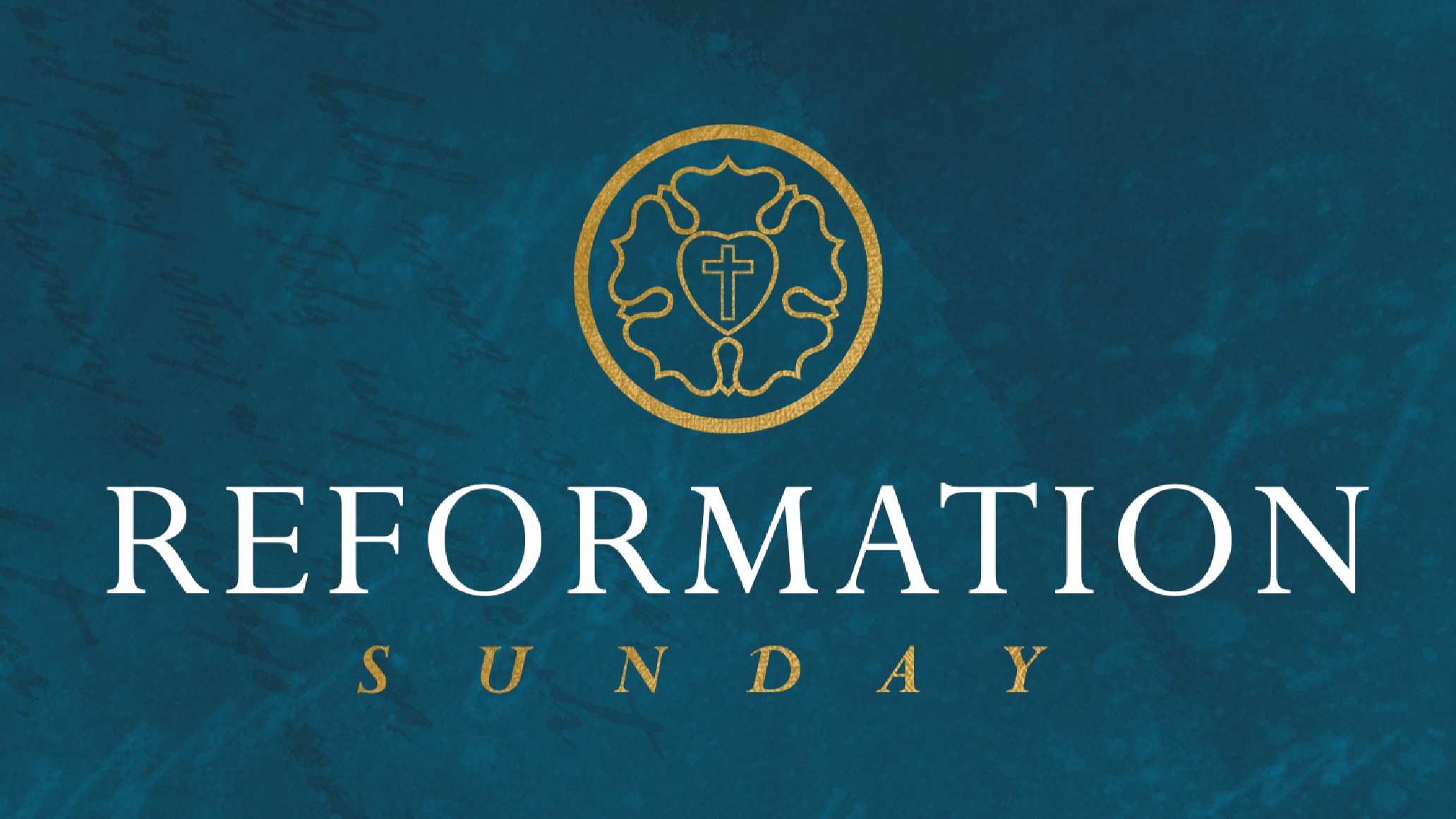As an Augustinian monk, Martin Luther fasted, prayed, attended and led Mass. Despite this holy life, he was in constant doubt of his salvation. Luther began concentrating his studies on the Bible rather than the church Fathers. In 1514, while studying St. Paul’s letter to the Romans, he finally saw the pure gospel. He realized that sinners are saved not through good works but by the gift of God through faith. This realization sparked a concern that the church’s practice of selling forgiveness (by way of a certificate called an indulgence) would lead to the loss of true sorrow for sins. Luther felt he must protect his flock from this dangerous practice.
On the cool night of Halloween, 1517, Martin Luther nailed a printed sheet of his Ninety-five Theses to the door of the Castle Church in Wittenberg, Germany (church doors acting as the bulletin boards of his time), seeking a scholarly debate on the sale of indulgences. The next day—All Saints’ Day—hundreds of visitors would come to the church, see the list, and—Luther thought—hear the truth about God's free forgiveness.
Luther had no idea that his hammer would get the attention of people around the world. He did not imagine that he was initiating the “Reformation.” Dividing Christendom was the farthest thing from his mind. Yet this monk, with a gnawing need for God's forgiveness, went on to stand up to emperor and pope in the name of the gospel of Christ, whose free forgiveness is the keystone of the church.
The posting of the Ninety-five Theses led to a series of written materials and debates on the church practices of the time. Luther insisted the pope didn’t have authority over purgatory and that the medieval church’s doctrine of the merits of the saints had no foundation in the Bible. His study on these matters led to further questions. He criticized devotion to the Virgin Mary, mandatory clerical celibacy, monasticism, the authority of the pope over secular rulers, and the medieval church’s teaching about the relationship between Christianity, the law, and good works.
Finally, Luther was called before Emperor Charles V at a meeting in Worms, Germany, where Luther was asked to recant his writings. He did not. Condemned as an outlaw by the emperor following this Diet (meeting) of Worms, Martin Luther returned to Wittenberg in 1522, where he remained for the duration of his life, filling the role of an administrator of a new church. He empowered the laity to be active participants in theological discussion and encouraged them to read the Scriptures themselves along with his catechisms. The Reformation asserted faith in Jesus, not good works, as the only way to obtain God's pardon for sin.

